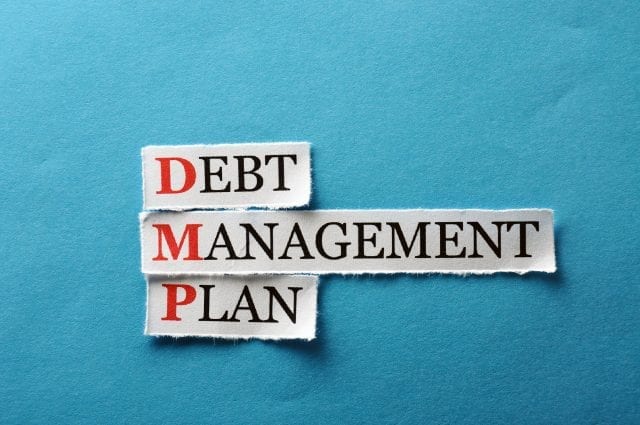
Debt Management, consolidation or debt settlement – which is best for you can be a relevant question that may arise when it comes to managing your finance, in fact debt. However, given the fact any average American hold thousands of dollars in debt excluding mortgages, the sobering truth is that most of these people never find them out of debt. The reason behind this is making the wrong choice in their approach.
According to a 2018 study report, an average American holds $38,000 in debt and 13% of them believe that they will be in debt for the rest of their lives. Therefore, if you are in significant debt and it is constantly mounting for years and you have decided that the time has finally come to tackle it, it is evident that you have to make the right choice if you want to succeed in the process. Visit https://goldenfs.org/ a Debt Relief company in New York.
Perhaps, you have heard about debt consolidation, debt management and debt settlement, all of which are useful and effective means to manage your finance. However, each comes with its characteristic features, benefits and downsides which you need to know and then make the informed choice.
To be knowledgeable you must start with enlisting a few questions and then find answers to these questions such as:
- What are debt management, debt settlement and debt consolidation?
- What is your financial and debt condition?
- Which is the right method for you given the current financial condition?

The answers will make things easier, brighter and more productive for you.
Difference between the three
Here is a complete breakup of the three approaches for your information.
Debt consolidation:
This is the process in which you take out a larger loan from a bank or any financial institution to pay off your existing debts. The features of this process are:
- The loan is offered at a much lower interest rate
- It is offered for a longer period of time
- It reduces the number of loan accounts and not the outstanding balance.

The advantages of debt consolidation are:
- It makes your life easy
- You have one bill to keep track of and to pay reducing the chances of miss outs
- It lowers your monthly payments significantly and
- It does not hurt your credit score.
The downside of it is that you do not get relief from the outstanding loan amount and if you choose to take out a home equity for this you may face foreclosure if you default.
Debt management:
This is the process in which a nonprofit credit counseling agency communicates with the creditors to craft a favorable debt repayment plan that you must follow over a specific time frame typically three to five years.
The advantages of the process are:
- The process is pretty simple
- You have to make one monthly payment to the agency and they will distribute it to all creditors that you have
- The credit counseling agencies may negotiate for lower interest rates on your debts
- It is a very useful option if you do not want to go for debt settlement or bankruptcy.

Though a debt management plan can get your finance back on track the only downside of it is that you will have to be diligent with the plan designed and make sure that you have enough financial support to ensure that you do not fall out of the plan to soon. Five years is a pretty long time.
Debt settlement:
This is a process wherein a for-profit company will take charge and negotiate with your creditors for a reduced payment by trying to lower the total debt. If you select a company that has high debt settlement ratings they may be successful in reducing the interests and waiving off the fees.
The pros of this process are:
- It reduces the total amount that you have to pay
- You can pay it off in a lump sum
- You can also choose to pay it off in installments if your creditors agree to it.
The downsides of debt settlement are bit more than the other two programs and include that the creditor may not agree to any negotiation or reduction in the amount. If they do, it will hurt your credit score and credit history because of the reduced amount and the fact that you will stop making payments to the creditor. Instead, you will deposit a sum of money as decided by the company in a dedicated savings account. Once again, there is a risk of the debt settlement company practicing unfair means while creation of this account in an institution of their choice. Most importantly, the forgiven amount will be considered as taxable by the IRS.

The criteria to consider
Now, there are a few criteria that will determine whether you are suitable for debt management debt consolidation or debt settlement.
- Debt management is an ideal choice for those debtors who do not want their credit score to be harmed but the fact you will have to close your credit cards as part of your program could have an impact on your credit score. Debt consolidation on the other hand has no such worries as there is no reduction in the outstanding balance amount. If you are okay with such effects, then you can go for debt settlement.
- Debt management is a good choice for those people who do not need any additional credit for a period of three to five years as per the program because when you enroll in a debt management program you will not be able to open any new lines of credit. The creditors will mark “CC” on your credit card that will enable any lender to know that you are working with a credit counseling agency. If you need money, then debt consolidation is the best option as debt settlement may not take away your borrowing power but will lower your credit score thereby lowering your borrowing capacity.
However, no matter whichever method you choose, none will be successful if you do not learn about sustainable money habits.






